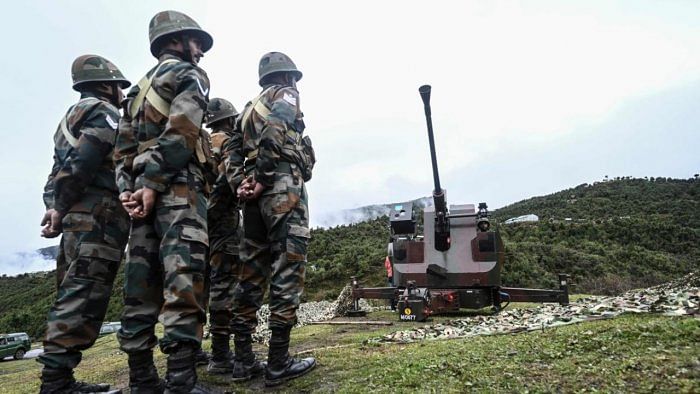
China’s recent agression in Arunachal Pradesh is another reminder of why a strong security partnership between Washington D C and New Delhi is crucial, the India Caucus of the House of Representatives of the American Congress stated.
The House India Caucus, led by Representative Brad Sherman of Democratic Party and Representative Steve Chabot of the Republican Party, stated that the Chinese People’s Liberation Army’s aggressive move on December 9 lead to a unilateral change in the status quo along the China-India Line of Actual Control at Yangtse in Arunachal Pradesh and was yet another act of the communist country’s threats to its neighbour. The statement also referred to China’s premeditated aggression on LAC with India in 2020, which saw the death of approximately 20 Indian Army soldiers at Galwan Valley in eastern Ladakh.
“As Co-Chairs of the India Caucus, we have worked for years to deepen the US-India bilateral relationship. The India Caucus built on this progress by including the Khanna-Sherman-Schweikert amendment in the House-passed FY23 NDAA (National Defence Authorisation Act) highlighting the immediate and serious regional border threats that India faces from China,” the statement issued in Washington DC added.
Sherman had joined Rep Ro Khanna and Rep David Schweikert in July this year to introduce in the US House a bipartisan amendment to the National Defence Authorization Act to strengthen the US-India defence partnership in response to increasing threats from China in the Indo-Pacific region. They had urged President Joe Biden’s administration to use the authority the US Congress had provided to it to issue a waiver to ensure that India would not be sanctioned under the Countering America’s Adversaries Through Sanctions Act, a law that imposed secondary sanctions on countries purchasing arms from Russia.
“We applaud the inclusion of Section 1260 in the FY23 Final Conference Report to strengthen military cooperation in critical areas like intelligence gathering, fifth generation aircraft, and emerging technologies to deter China’s aggression and encroachment in the Indo-Pacific region,” the House India Caucus stated on Monday. “The US and India share a unique bond as the world’s oldest democracy and the world’s largest democracy, and as co-Chairs of the Caucus we will continue to grow our security engagement and bilateral ties.”
